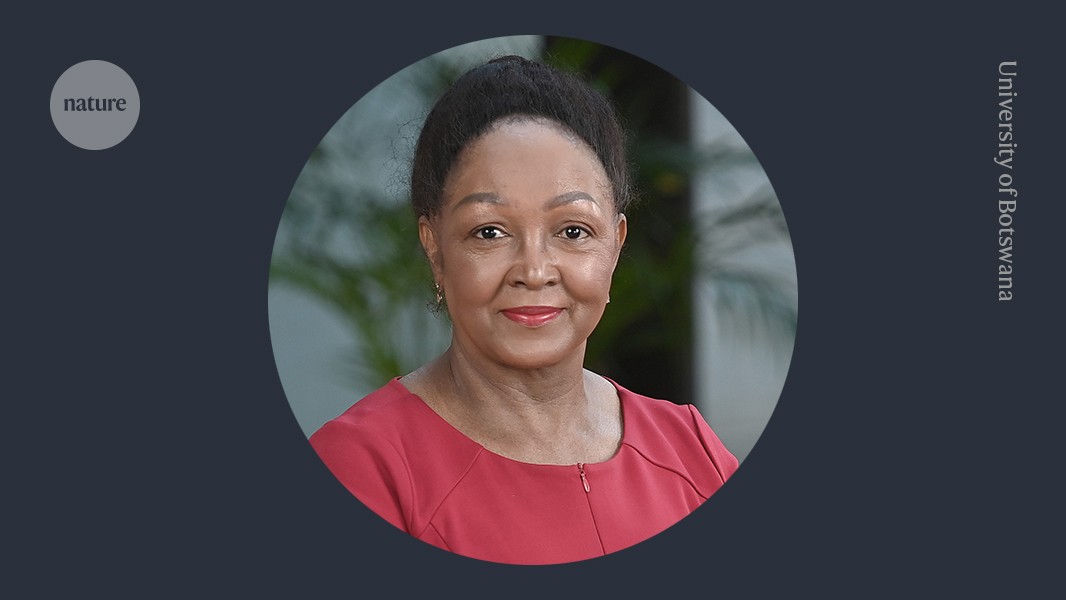
"The global challenges of today, from climate-fuelled floods, droughts and heatwaves to food insecurity and health disparities, are felt intensely in Africa. To tackle those, universities on the continent must strengthen their research and innovation capacity. On average, African countries spend around 0.5% of their gross domestic product on research and development. That's less than one-quarter of the global average of 2.7%."
"But most universities in Botswana, both public and private, rely heavily on public funding. And with the country's economy under strain, because the diamond industry it has long depended on is dwindling, the budgets for these institutions are shrinking. The University of Botswana in Gaborone has seen its funding for day-to-day operations decline by about 15% since 2022, and it has received no budget over the past seven years for other developments."
"There are also relatively few jobs for graduates to aspire to. In 2022, approximately one-quarter of adults in Botswana, around 240,000 people, were unemployed. This is eroding faith in higher education, shrinking enrolment in advanced studies, weakening research and innovation capacity and fuelling a brain drain. For those who do go to university, Botswana has a skills mismatch: too many information technology specialists, not enough medical ones."
Africa faces intensifying climate-driven floods, droughts and heatwaves alongside food insecurity and health disparities that require homegrown research and innovation. African countries spend about 0.5% of GDP on research and development, far below the global average of 2.7%, leaving many nations dependent on costly, ill-suited imported technologies. Botswana requires drought-resistant crops, efficient irrigation and smart water management, but universities there depend on shrinking public budgets as diamond revenues dwindle. Declining university funding, high unemployment, falling advanced-enrolment and a skills mismatch undermine research capacity and drive a brain drain, impeding economic transformation toward knowledge-based industries.
Read at Nature
Unable to calculate read time
Collection
[
|
...
]